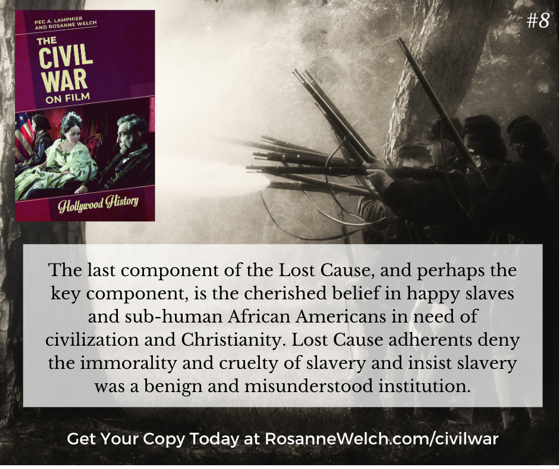Watch this entire presentation
Subscribe to Rosanne’s Channel and receive notice of each new video!
Transcript:
In my own Television viewing experience, I’ve had the chance to see all of these programs which I never would have seen. Commisaroio Montalbano is the most famous detective show in Italy. Again, that helps me feel more connected to my cousins and what they’re watching and to my grandparents and the world they grew up in. I can see footage from Italy. I was amazed to find that Doctor Who eventually traveled around the whole world. I’m told the doesn’t play here necessarily but probably geeky people have found it somewhere. Trapped was a miniseries made in Iceland. You can see the Icelandic translation on the bottom and it aired on Netflix and I was amazed to watch eight hours of something that was filmed in Iceland and told me about a culture I could possibly never imagine and might never have the chance to see but because of Netflix. I’ve now experienced this program — and then Call My Agent I find very funny. It’s a French show. You can see the proper title –the French title– on top and it’s about a talent agency. — just as Roger was explaining this morning — in France and how they work with actors and all the problems that happen. It’s a one-hour comedy and what’s cute about it is the characters — the actors who played actors on the show are actually famous French actors pretending to be bad people and causing troubles for their agents. So you’ve recognized actors you’ve seen in movies coming in and talking to the fake agents that they are with. So it’s a charming way to learn more about French films, right, in just one program. So I’ve been so impressed with what I’ve been able to see.
Watch this entire presentation
A Note About This Presentation
A clip from my keynote speech at the 10th Screenwriters´(hi)Stories Seminar for the interdisciplinary Graduation Program in “Education, Art, and History of Culture”, in Mackenzie Presbyterian University, at São Paulo, SP, Brazil, focused on the topic “Why Researching Screenwriters (has Always) Mattered.” I was especially pleased with the passion these young scholars have toward screenwriting and it’s importance in transmitting culture across the man-made borders of our world.
To understand the world we have to understand its stories and to understand the world’s stories we must understand the world’s storytellers. A century ago and longer those people would have been the novelists of any particular country but since the invention of film, the storytellers who reach the most people with their ideas and their lessons have been the screenwriters. My teaching philosophy is that: Words matter, Writers matter, and Women writers matte, r so women writers are my focus because they have been the far less researched and yet they are over half the population. We cannot tell the stories of the people until we know what stories the mothers have passed down to their children. Those are the stories that last. Now is the time to research screenwriters of all cultures and the stories they tell because people are finally recognizing the work of writers and appreciating how their favorite stories took shape on the page long before they were cast, or filmed, or edited. But also because streaming services make the stories of many cultures now available to a much wider world than ever before.
Many thanks to Glaucia Davino for the invitation.
* A portion of each sale from Amazon.com directly supports our blogs
** Many of these books may be available from your local library. Check it out!
† Available from the LA Public Library
Podcast: Play in new window | Download
Subscribe: RSS
![39 My Own Favorite International TV Shows from Why Researching Screenwriters Has Always Mattered [Video] (1 minute 31 seconds)](https://rosannewelch.com/wp-content/uploads/2020/12/rmw-sao-paolo-39.png)

![38 More On International TV Shows and the US from Why Researching Screenwriters Has Always Mattered [Video] (1 minute 18 seconds)](https://rosannewelch.com/wp-content/uploads/2020/11/rmw-sao-paolo-38.png)

![37 International TV Shows and the US from Why Researching Screenwriters Has Always Mattered [Video] (41 seconds)](https://rosannewelch.com/wp-content/uploads/2020/11/rmw-sao-paolo-37.png)

![36 Streaming Companies and World Culture from Why Researching Screenwriters Has Always Mattered [Video] (1 minute 19 seconds)](https://rosannewelch.com/wp-content/uploads/2020/11/rmw-sao-paolo-36.png)

![35 Subtitles Are No Longer Scary from Why Researching Screenwriters Has Always Mattered [Video] (1 minute 5 seconds)](https://rosannewelch.com/wp-content/uploads/2020/11/rmw-sao-paolo-35.png)
![35 Women and Horror from When Women Write Horror with Dr. Rosanne Welch [Video] (44 seconds)](https://rosannewelch.com/wp-content/uploads/2020/11/rmw-cpp-horror-35.png)